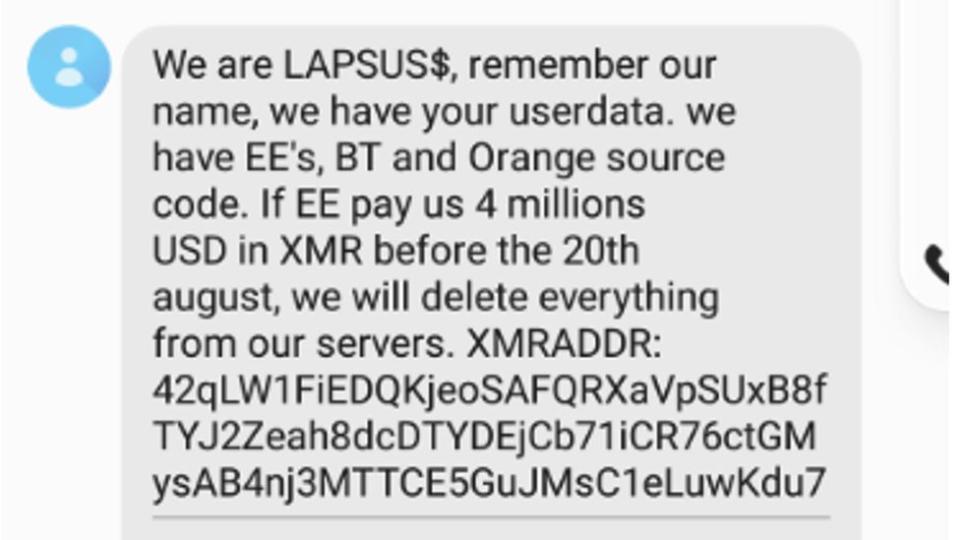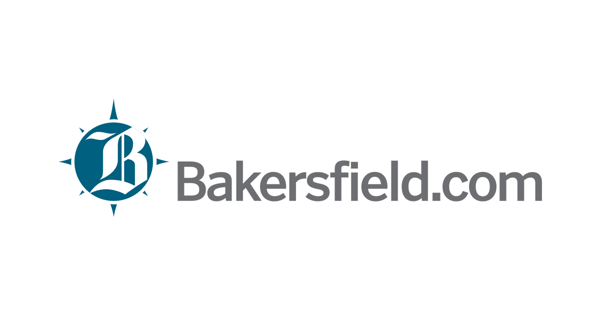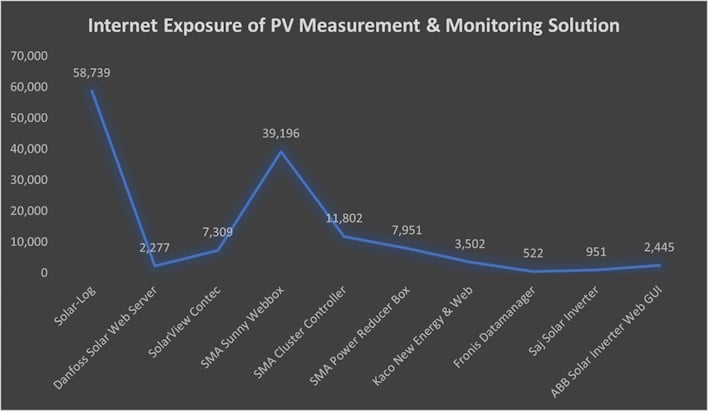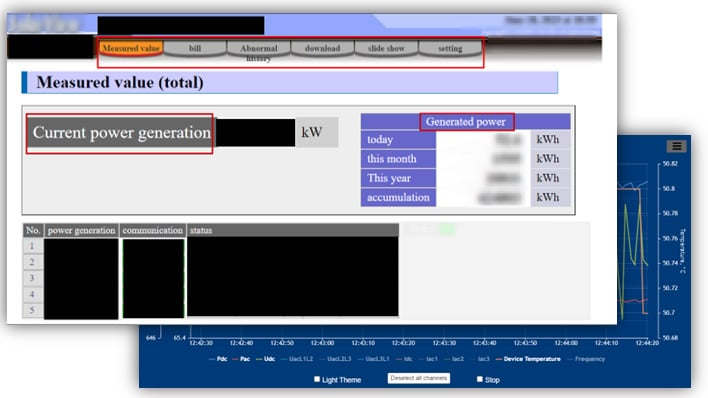court finds teenagers carried out hacking spree
A court has found an 18-year-old from Oxford was a part of an international cyber-crime gang responsible for a hacking spree against major tech firms.
Arion Kurtaj was a key member of the Lapsus$ group which hacked the likes of Uber, Nvidia and Rockstar Games.
A court heard Kurtaj leaked clips of the unreleased Grand Theft Auto 6 game while on bail in a Travelodge hotel.
The audacious attacks by Lapsus$ in 2021 and 2022 shocked the cyber security world.
Kurtaj is autistic and psychiatrists deemed him not fit to stand trial so he did not appear in court to give evidence.
The jury were asked to determine whether or not he did the acts alleged – not if he did it with criminal intent.
Another 17-year-old who is also autistic was convicted for his involvement in the activities of the Lapsus$ gang but can not be named because of his age.
The group from the UK, and allegedly Brazil, was described in court as “digital bandits”.
The gang – thought to mostly be teenagers – used con-man like tricks as well as computer hacking to gain access to multinational corporations such as Microsoft, the technology giant and digital banking group Revolut.
During their spree the hackers regularly celebrated their crimes publicly and taunted victims on the social network app Telegram in English and Portuguese.
The trial was held in Southwark Crown Court in London for seven weeks.
Hacking spree one
Jurors heard that the unnamed teenager started hacking with Kurtaj in July 2021 having met online.
Kurtaj aided by Lapsus$ associates, hacked the servers and data files of telecoms company BT and EE, the mobile operator, before demanding a $4m (£3.1m) ransom on 1 August 2021.

No ransom was paid but the court heard that the 17-year-old and Kurtaj used stolen SIM details from five victims to steal a total of nearly £100,000 from their crytpocurrency accounts which were secured by their compromised mobile phone SIM identities.
Both defendants were initially arrested on 22nd January 2022, then released under investigation.
Hacking spree two
That did not deter the duo who continued hacking with Lapsus$ and successfully breached Nvidia, a Silicon Valley tech giant…





